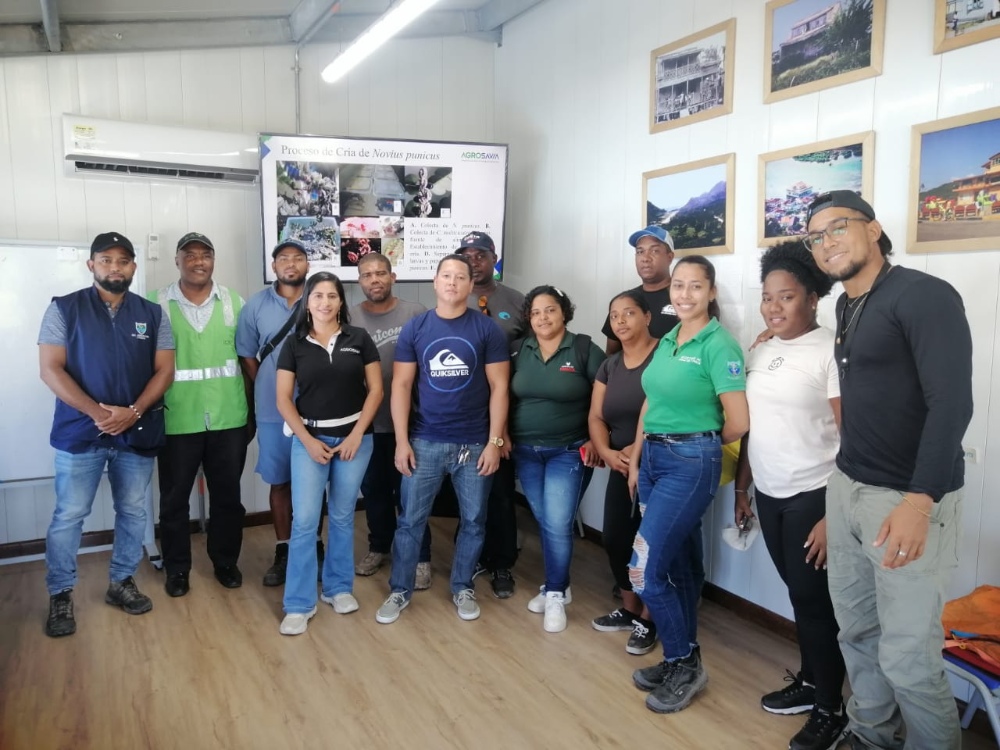Agustín Codazzi, Cesar. November 20, 2024. In light of the alert regarding the proliferation of the Colombian Fluted Scale – CAC (for its Spanish acronym), a pest that feeds on the sap of numerous plant species causing damage mainly to citrus trees, although it also affects fruit, forestry and ornamental trees on the islands of Providencia and Santa Catalina, Corporación colombiana de investigación agropecuaria – AGROSAVIA, articulated with Instituto Colombiano Agropecuario – ICA, responded to the call made by the Secretariat of Agriculture and Fisheries of Providencia and Santa Catalina, for these two institutions to assume the training and coaching of the technical staff of the Secretariat of Agriculture to recognize and multiply the biological controller of this pest.
Within the framework of the seed project called -RUTA ÉTNICA- of the National Seed Plan – PNS (for its Spanish acronym), which seeks to preserve and enhance the traditional practices and knowledge of the ethnic peoples of Colombia, with a particular focus on the importance of seeds within their cosmogonic vision, it was socialized with leading producers, rural women and young representatives of the Raizal community, where the problems and strengths around seeds were identified. One of the critical aspects is the sanitary quality of these.
The immediate actions proposed and implemented by AGROSAVIA included a visit to the islands of Providencia and Santa Catalina to train the native inhabitants, producers, and officials of the secretariat in recognizing the Colombian Fluted Scale – CAC and its controller Novius punicus. Other reported controllers and the differentiation of N. punicus from the ladybird previously introduced to the island were also presented. Likewise, the experience of the research support professional from the Palmira Research Center of AGROSAVIA, Yenifer Campos, was shared to establish and multiply a breeding facility of the cochineal controller insect N. punicus under controlled conditions to obtain a population of individuals that will later be released in the field as a control agent of the CAC.
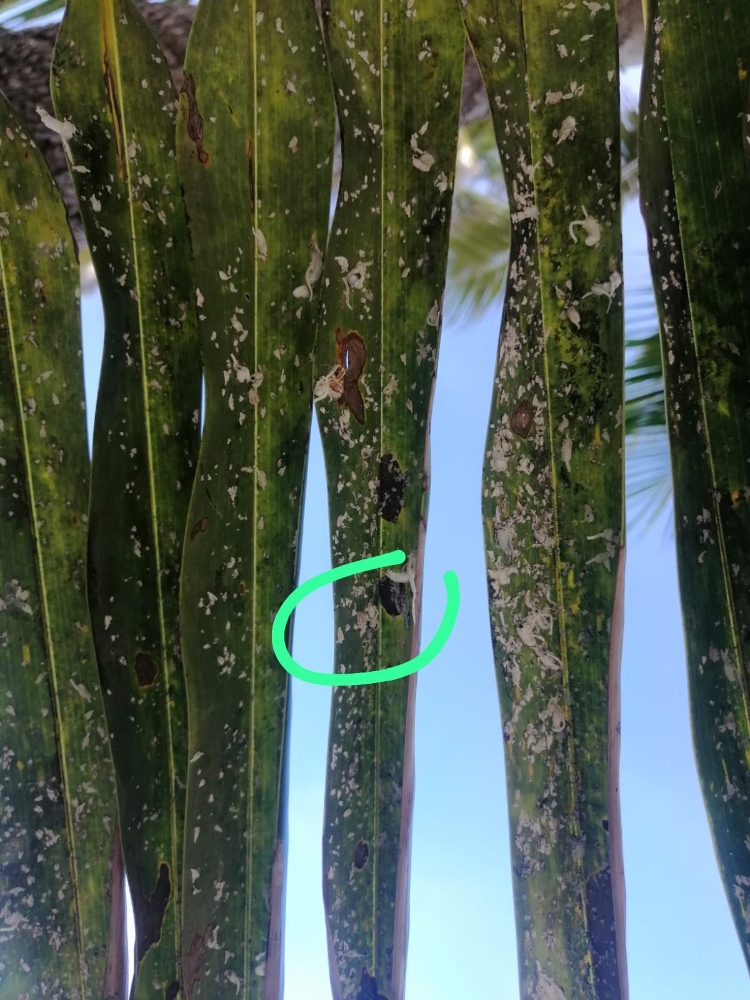
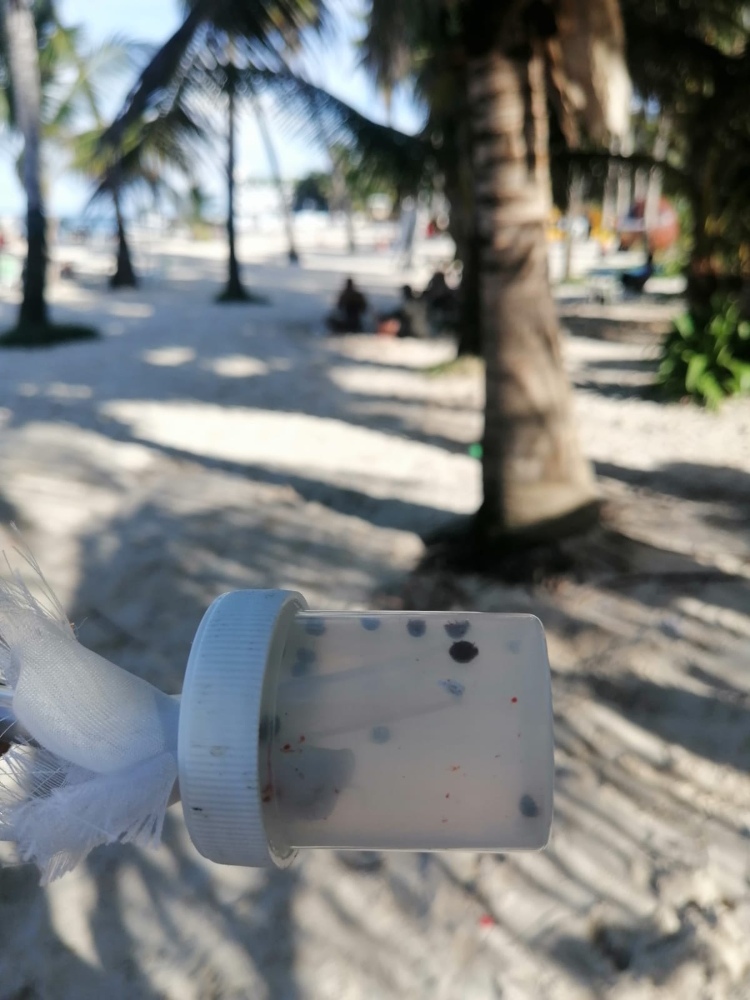
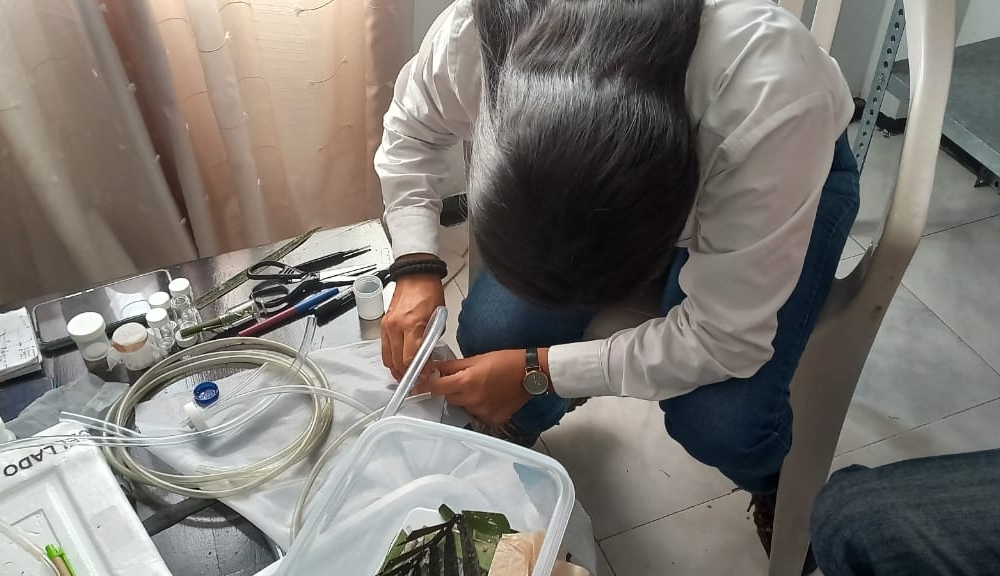
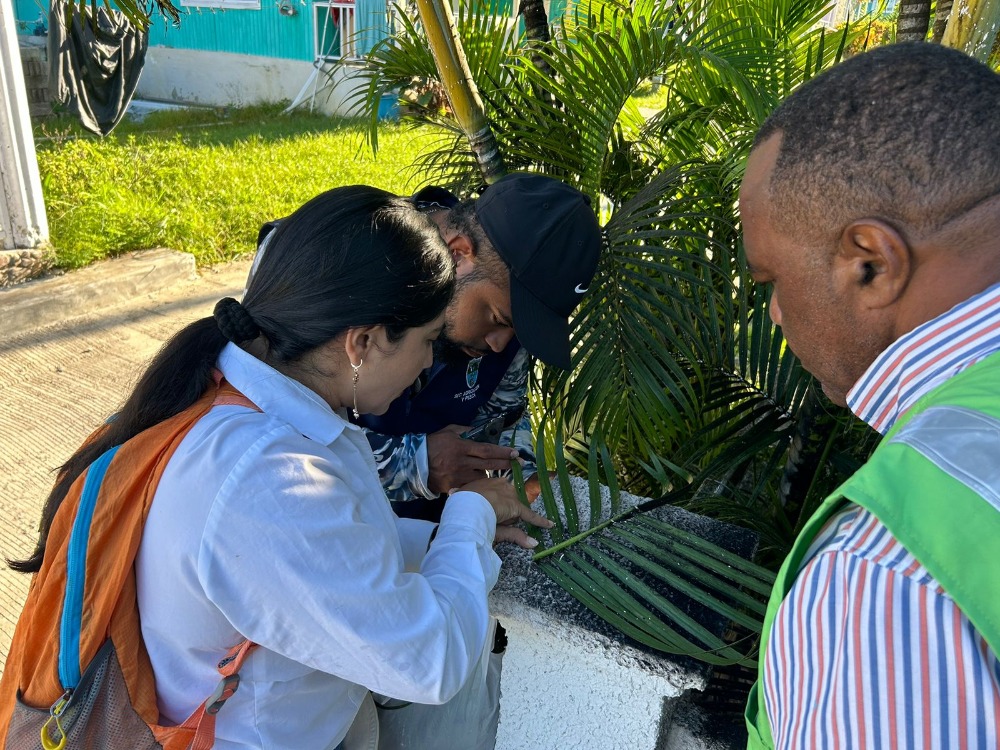
The Ph.D. Researcher of the Motilonia Research Center, Juan Guillermo Cubillos, who has been leading projects on the islands of San Andrés, Providencia, and Santa Catalina, mentioned, "Within the framework of the Ruta Étnica project of the National Seed Plan of AGROSAVIA and the Ministry of Agriculture and Rural Development, we held a workshop where we identified the problems that affect producers on the island of Providencia, and we were able to determine that one of these is the disease that attacks different crops, such as the cochineal plague (fluted scale); further, to respond to it, we carried out inter-center work, with the Motilonia Research Center and the Palmira Research Center. We joined efforts, and in alliance with ICA, we trained the technical team of the Secretariat of Agriculture of the municipality of Providencia and Santa Catalina so that they could receive further training in the multiplication of the biological controller Novius, commonly known as –ladybug (mariquita)- so that they can, in turn, carry out the process of releasing this biological controller to counteract the attack of the cochineal on the island."
In the context of this event, the Secretariat of Agriculture and Fisheries of Providencia highlighted the importance of the support provided by AGROSAVIA and ICA, expressing its gratitude through the agricultural engineer Junior Rojas, who said: "This experience was enjoyable for us since this training in the reproduction and multiplication of Novius punicus allowed us to acquire the knowledge for the propagation of this insect, which will help us control the fluted scale on the island of Providencia. AGROSAVIA, in addition to the great contribution it made to us in knowledge, also gave us some supplies and biological material for the propagation of this insect. We are currently developing the propagation techniques and hope to make the first release of the insect on the island in 2025."
At the end of November, AGROSAVIA will conclude the first stage of the Ruta Étnica project in the Raizal territory of Providencia with the co-construction of a work plan around seeds, projected for the years 2025 to 2029 with leading producers, rural women, and young people.
- More information here:
- Griselda Gómez Gámez
- Communications, Identity and Corporate Relations Professional
- Research Center Motilonia
- Communications, Identity and Corporate Relations Advisory Office
- gmgomez@agrosavia.co
- AGROSAVIA



